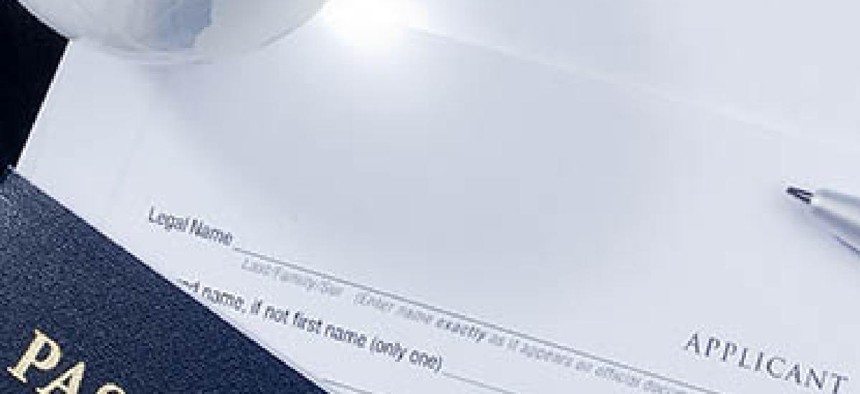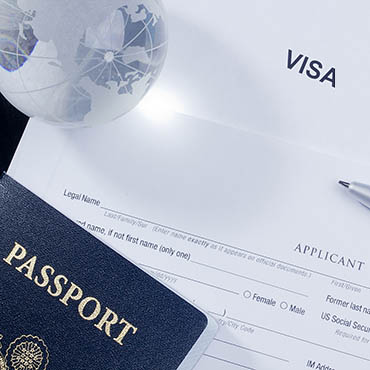Bill targets visa waiver loophole

Bipartisan legislation would give DHS the authority to suspend participation in the Visa Waiver program for any country that fails to provide information related to terror threats.

A bill by Michigan Republican Candice Miller, chairwoman of the House Homeland Security Border and Maritime Security Subcommittee, aims to bolster databases used to check foreign travelers entering the United States under the Visa Waiver Program.
The threat of radicalized Islamic State of Iraq and Syria (ISIS)-schooled fighters returning to from the Middle East spurred the legislation, Miller said.
Miller's legislation would give the Department of Homeland Security the ability to suspend a country's participation in the program if it doesn't provide the U.S. with pertinent traveler information related to terror threats. The bipartisan bill is co-sponsored by the leadership of the full Homeland Security Committee.
The VWP allows the residents of 38 participating countries come to the United States without a visa for up to 90 days, if those countries cooperate with U.S. security and information-sharing arrangements.
The bill would charge DHS and the State Department with drawing up plans to bolster the Electronic System for Travel Authorization. The departments would have to report back to Congress within six months with plans on how to improve the system.
Launched in 2009, ESTA is the automated, online VWP application used by authorities to determine who is eligible to enter the country. All travelers who qualify are evaluated using the system to determine whether they pose a security risk. Customs and Border Protection runs the application website.
Miller called the VWP "an ongoing vulnerability" magnified by the growing threat from ISIS.
"With nearly 40 countries participating in our Visa Waiver Program, terrorists with Western passports pose additional risks to the homeland because many are eligible for visa-free travel to the U.S.," she said.
Often, Miller said, U.S. officials do not get the information necessary from participating countries "to identify and stop foreign fighters bound for the U.S."
A Sept. 16 Heritage Foundation white paper said the Congressional Research Service has reported that nearly all VWP members had agreed to share information as of February 2014. The paper quoted a DHS official saying that as of September, all participating nations are now sharing information on terrorists, serious criminals and lost or stolen passports.
But DHS is still working to automate the collection of biographic, biometric and criminal data under Preventing and Combating Serious Crime agreements with the participating countries. Those agreements are joint efforts among the departments of Justice, State and Homeland Security to get bilateral information-sharing agreements with the countries participating in the VWP.


